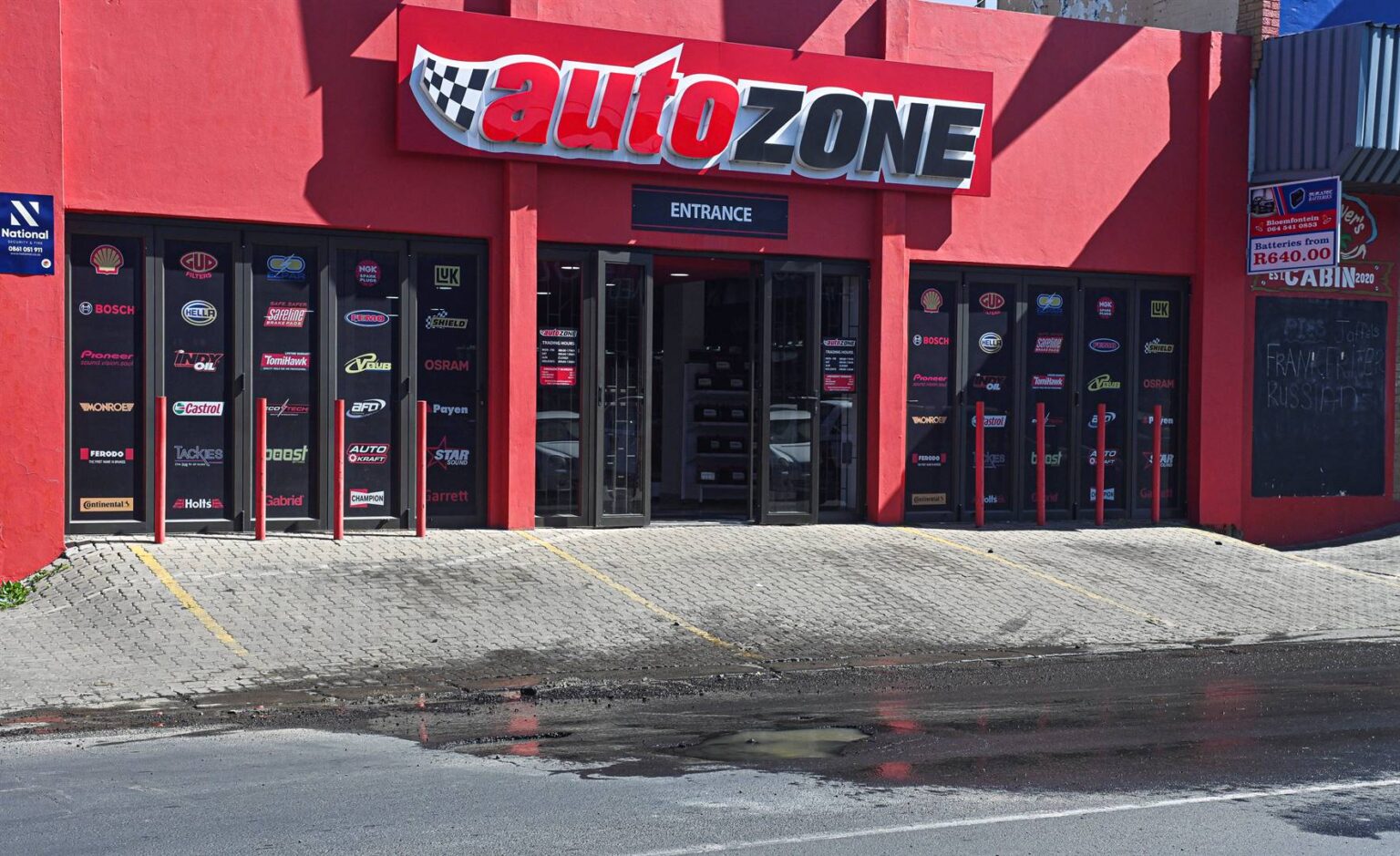AutoZone Enters Business Rescue Amid South Africa’s Economic Strain
AutoZone, South Africa’s largest privately owned automotive parts retailer, has entered business rescue, citing an inability to manage its escalating debt amid the country’s challenging economic conditions. With operations headquartered in 190 leased locations and a workforce exceeding 1,450 employees, the company has become a significant player in the South African automotive market.
The financial distress announcement, filed with the Companies and Intellectual Property Commission (CIPC) on July 5, reveals that AutoZone has struggled significantly since a private equity transaction in 2014. Expectations set by this transaction were not met, leading to ongoing financial instability. The final blow came when lender Absa refused to grant a further extension on matured debt at the end of June 2023.
Background and Recent Developments
AutoZone was formerly part of the JSE-listed conglomerate Super Group. The separation and subsequent privatization in 2014 were intended to enable growth and greater financial independence. However, the anticipated financial performance did not materialize, largely attributed to a stagnating economy and operational challenges within a competitive retail environment.
South Africa has faced several economic hurdles, including fluctuating exchange rates, political instability, and economic policies that have often been in flux. These factors have culminated in a complex financial landscape, where businesses like AutoZone struggle to navigate effectively.
Moreover, the recent COVID-19 pandemic added another layer of economic strain, drastically affecting consumer spending and supply chain dynamics. Although the economy is on a slow path to recovery, the cumulative effect of these challenges has been debilitating for many businesses, particularly those carrying significant debt.
The Impact on Stakeholders
The entry into business rescue indicates an effort to restructure and revive the company’s financial health without resorting to liquidation. This process is crucial for the preservation of jobs and the continuation of trade, which is essential for the stability of the automotive parts retail sector in South Africa. With over 1,450 employees, the company’s fate holds significant implications for employment and livelihoods.
Lenders and creditors, particularly Absa, are also closely monitoring the proceedings of the business rescue plan. For Absa, the matured debt and the refusal to extend further credit reflect a cautious stance amid a broader context of economic uncertainty and risk management.
Looking Forward
The business rescue process aims to provide AutoZone with the breathing space needed to reorganize and strategize for a sustainable future. If successfully navigated, this could set a precedent for other companies facing similar financial difficulties in South Africa’s volatile economy.
The automotive parts industry remains a critical sector, supporting both commercial and consumer vehicular needs. Ensuring its stability will require strategic financial management, stakeholder collaboration, and perhaps regulatory support to adapt to the new economic realities.
Stay Informed
As South Africa continues to grapple with economic challenges, staying informed is more crucial than ever. Dedicated platforms like News24 have been delivering comprehensive news coverage for 25 years, aiming to keep the public informed, empowered, and inspired to contribute towards a prosperous future. Engage with our free subscription trial to follow this story and other significant developments shaping the nation.
